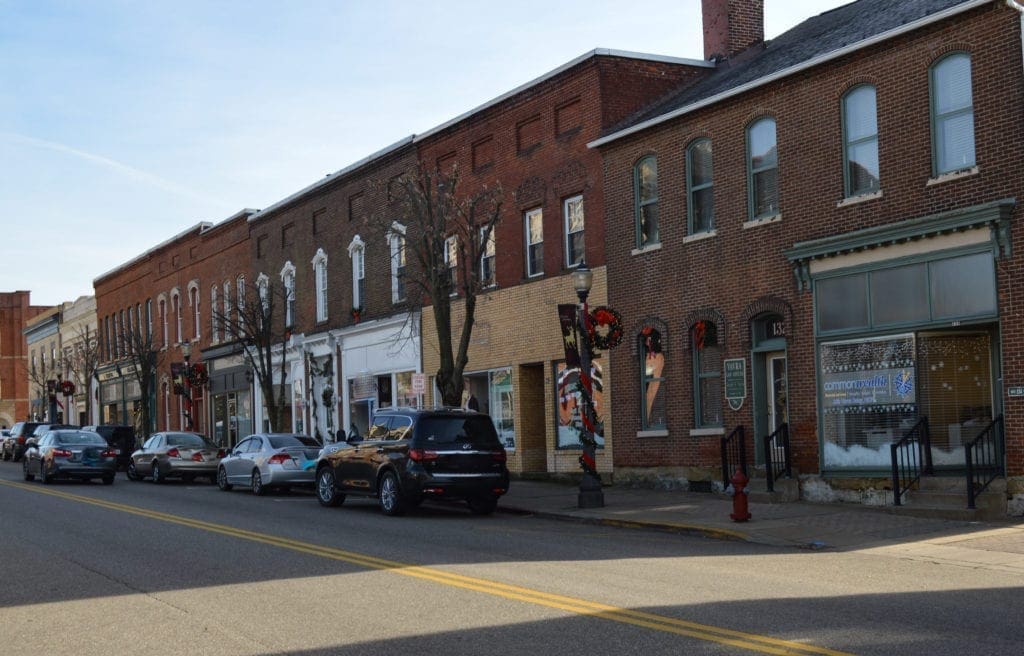It was the issue that provoked Kathryn Thalman to run for mayor.
The deal seemed shady. Answers to questions were hard to come by. City officials appeared to have made up their minds about selling the water service in St. Clairsville to Aqua Ohio. Privatizing was a done deal, and no one could explain the impact the sale would have on future rates.
Until, that is, Thalman defeated the incumbent mayor and started a process that revealed many more details than what St. Clairsville knew. The viability of the city’s surface reservoir was in question, and the Ohio Environmental Protection Agency had ordered the municipality to find a new source. With 10 miles separating St. Clairsville from the Ohio River, the options appeared limited.
But there were some choices for Thalman and her council members to make, and in May the majority voted to end negotiations with Aqua Ohio, maintain the city’s treatment plant and reservoir for two more years, and to search for funding for the necessary upgrades.

What’s Next?
Purchasing water from another entity was a possibility recognized by Mayor Thalman, and Martins Ferry and Belmont County were two options to consider. Martins Ferry Mayor John Davies welcomed the conversations, and so did Belmont County.
Suddenly, an unused water line was recognized, and the mystery infrastructure would reduce the price for improvements needed for St. Clairsville to make the crucial connection. That water line is a part of the system maintained by Belmont County Water and Sewer District, and that is why Thalman and the St. Clairsville Council made the decision to move forward with the county.
The reservoir property will not be sold once obsolete, but instead it will be transitioned into a recreational facility for fishing and picnics. Surface water sources are susceptible to the development of algae during the warmer months of the year, and St. Clairsville residents have experienced that very issue in the past.

Three More Years
Although the water service issue was the one Mayor Thalman campaigned on the most, the political newcomer mentioned much more during her speeches and conversations with residents.
The retired pharmaceutical salesperson is pro-commerce and hopes to attract new businesses to St. Clairsville storefronts near the Belmont County Courthouse and beyond, and she insisted city services would be streamlined to better service the citizens. The pandemic, however, has slowed progress, and the mayor and council members have been forced to hold teleconference council meetings since the third week of March.
Each week, though, the city of St. Clairsville distributes press releases with meeting information and encouragement for residents to dial into to hear the agenda items and the decisions made via vote. Another point Thalman made along the campaign trail concerned the need for transparency including office hours during which she would meet with anyone who requested her as an audience.

She also promoted community activities like “Walking Wednesdays” and additional concerts and town halls because she likes people and believes St. Clairsville can be more than the “Paradise on the Hilltop.”
“I’m confident we can get a lot more accomplished once the pandemic ends, and we’re all able to operate as normally as possible,” Thalman said. “But our services have continued as carefully as possible, and the council meetings are available to everyone. I really want every single resident of St. Clairsville to know that we want to hear from them whether it’s a good thing or a negative.
“A lot of things are said on social media, and I hope those people decide to address us directly instead,” the mayor added. “If there’s a problem, let’s get it addressed.”

